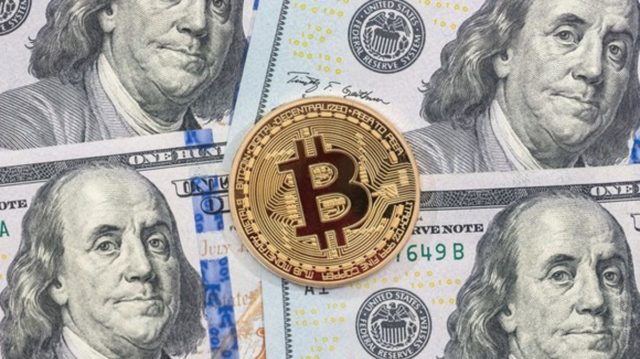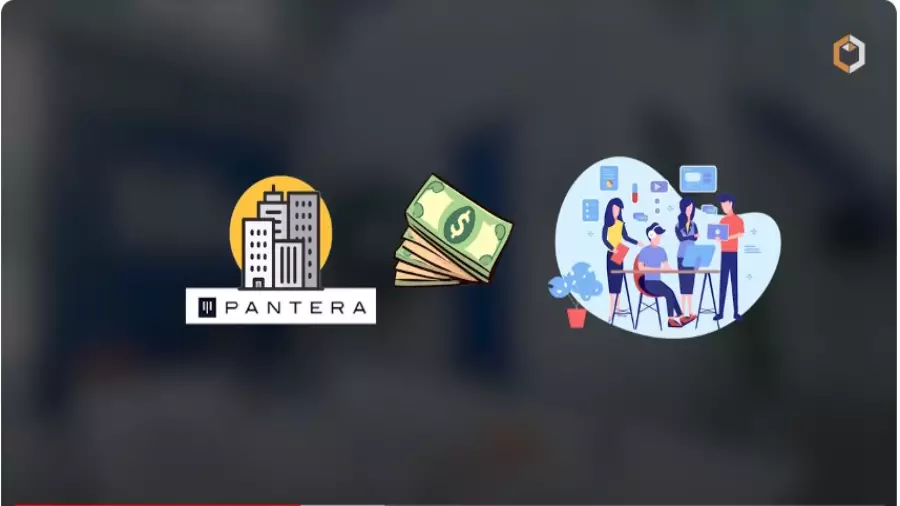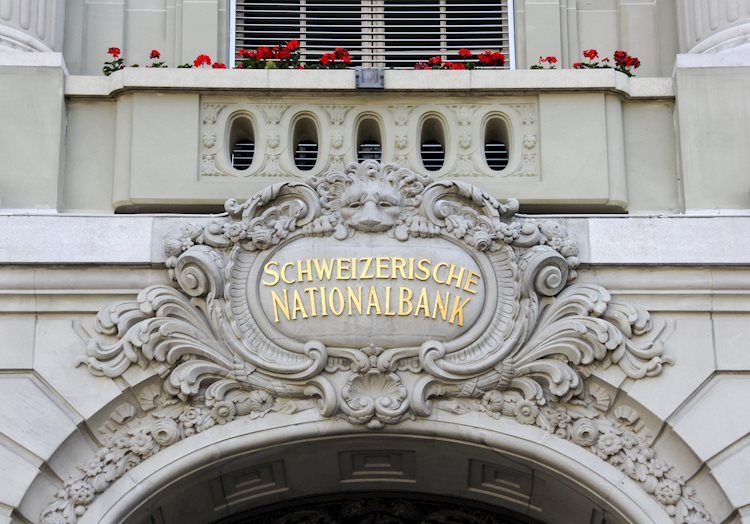Liz Truss defended her administration’s controversial announcement to cut taxes for citizens and businesses in an exclusive interview with Jake Tapper of CNN .
Truss told Tapper that by cutting taxes, his government was “encouraging companies to invest and also helping ordinary people with their taxes.”
While the cuts were expected, critics warn that they will be more beneficial to the wealthy than most of British society. Shortly after Truss Finance Minister Kwasi Kwarteng announced the cuts on Friday, the pound fell nearly 2.6% to its lowest level against the US dollar since 1985.
The UK Treasury said the cuts, which include lowering the maximum income tax rate from 45% to 40%, cuts in taxes paid on home purchases and canceling a planned increase in business taxes, would eliminate $45 billion. pounds (about $50 billion) of government revenue over the next five years.
Pressed about the accountability of her economic plan, Truss told Tapper: “I don’t really accept the premise of the question. The UK has one of the lowest debt levels in the G7, but we have one of the highest tax levels. We currently have a 70-year high in our tax rates.”
Despite the hit to public revenue, Truss confirmed in the interview that her government would still help citizens with energy bills this winter.
“We’ve also implemented a package of measures to support consumers with energy prices, to ensure no one has to pay more than £2,500 on their bills.”
The promise to help Britons pay their energy bills comes before what is predicted to be a brutal winter. Inflation rose above 10% in July for the first time in 40 years, driven by rising energy and food costs. Home energy bills have already risen 54% this year and could go even higher.
Truss has also been criticized for making that promise by refusing to tax energy companies for their windfall gains. Instead, the government will rely on borrowing to cover the cost, which the opposition described as putting the cost on the country’s credit card.
Reaction
Investor reaction was instantaneous: they hated it. Investors are not convinced the unconventional approach will really help the economy, which the Bank of England warned this week is likely already in recession. Some of them called it a big gamble.
“It is extremely unusual for a developed market currency to weaken at the same time that yields are rising sharply. But that’s exactly what happened since the announcement [de Kwarteng],” Deutsche Bank strategist George Saravelos said in a note to clients on Friday.
Towards parity with the dollar?
One concern is that this will require a substantial increase in government borrowing at a time when interest rates are skyrocketing. The Bank of England on Thursday pushed its policy rate to the highest level since 2008. It was the central bank’s seventh rate hike since December.
Tax cuts, while politically popular, can also increase demand and drive up prices, making the central bank’s task of controlling inflation even more difficult.
Former US Treasury Secretary Larry Summers, speaking to Bloomberg Television, said the pound may even fall below par against the dollar for the first time in its history. (Its previous all-time low was just above $1.05 in 1985.)
“I’m very sorry to say, but I think the UK is behaving a bit like an emerging market turning into a submerged market,” Summers said.
“Between Brexit, how far the Bank of England has fallen behind the curve and now these fiscal policies, I think Britain will be remembered for having followed the worst macroeconomic policies of any major country in a long time.”
The dollar’s precipitous rise, as the Federal Reserve takes aggressive measures to contain inflation, is adding to downward pressure on the British currency.
“Unless something can be done to address these fiscal concerns, or the economy shows some surprisingly strong growth data, it looks like investors will continue to shun the pound sterling,” ING’s Antoine Bouvet and Chris Turner said in a research note. . “We think the market may be underestimating the odds of parity.”
Source: CNN Brasil
Joe Jameson, a technology journalist with over 2 years of experience, writes for top online news websites. Specializing in the field of technology, Joe provides insights into the latest advancements in the industry. Currently, he contributes to covering the world stock market.






